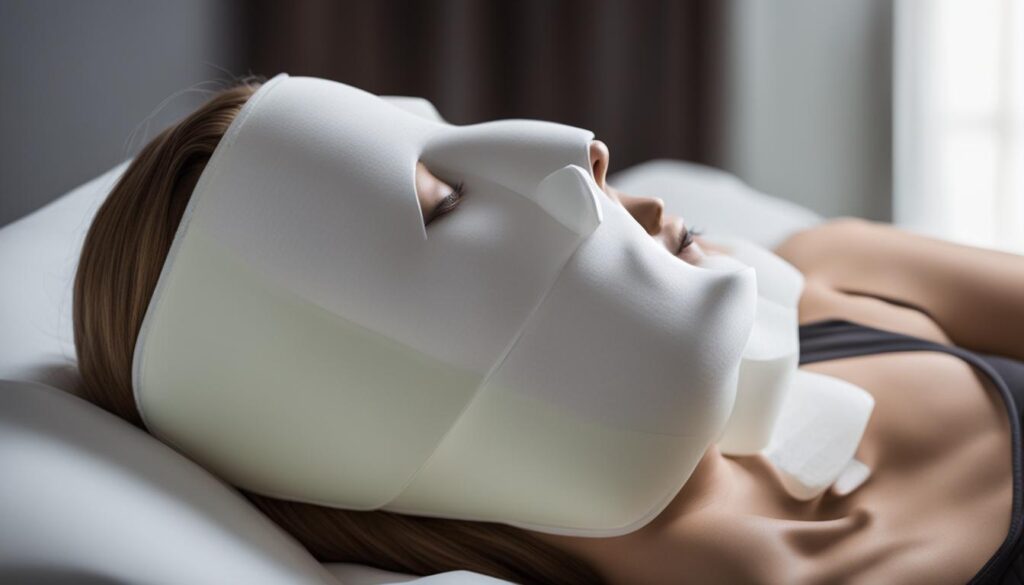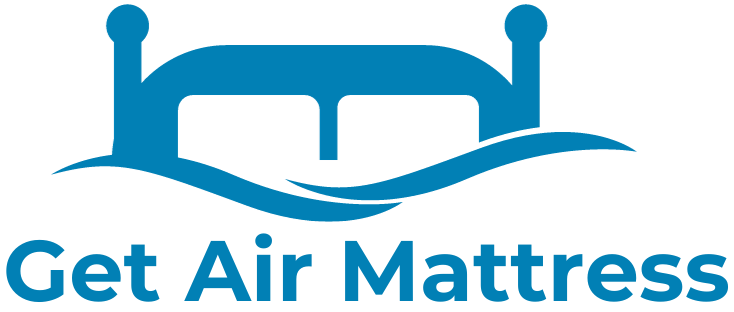
After undergoing nose surgery, it is crucial to prioritize rest and sleep for a successful recovery. However, sleeping after nose surgery can be challenging due to the delicate nature of the nose and the need to protect it from accidental damage. To ensure a safe and restful sleep after rhinoplasty, it is recommended to sleep in an elevated position to reduce swelling and congestion. Sleeping on your back with extra pillows or in a recliner can help achieve this position.
It is important to sleep alone without any partners or pets to avoid any inadvertent harm to the nose. Pain medications can help with discomfort and promote better sleep. Caffeine should be avoided as it can interfere with quality sleep. It is generally advised to sleep in an elevated position for the first week after the surgery and slowly transition to other sleeping positions after 7-10 days.
The Importance of Sleep After Rhinoplasty
Rest and sleep play a crucial role in the recovery process after rhinoplasty. Adequate rest allows the body to heal and recover more efficiently. By prioritizing sleep, the immune system is supported, proper blood flow is encouraged, and the risk of complications is reduced. Proper sleep practices also help protect the delicate and sensitive nose from accidental damage.
Sleeping on your back with your head in an elevated position is recommended to minimize swelling and congestion. It is important to avoid sleeping on your stomach or sides to prevent pressure on the nose and potential harm to the surgical site. Extra pillows and careful positioning can help maintain the desired sleep position. Sleeping alone without a partner or pets can further ensure a safe and undisturbed sleep.
Protecting Your Nose During Sleep
During the recovery period, it is vital to take precautions to protect your nose while sleeping. Avoiding accidental contact with the surgical site is essential for optimal healing. By sleeping on your back, you minimize the risk of rolling onto your nose and potentially causing damage.
Using additional pillows or rolled-up towels can help prevent rolling onto the side during sleep. This helps maintain the elevated position recommended for the first week after surgery. It is crucial to follow the post-surgery guidelines provided by your surgeon to ensure a smooth recovery.
| Sleeping Position | Recommendation |
|---|---|
| On the back | Recommended for the first week after surgery to minimize swelling and protect the nose |
| On the stomach or sides | Avoid to prevent pressure on the nose and potential harm to the surgical site |
By following these guidelines and prioritizing sleep, you can promote a smoother recovery process and protect your nose from damage. Remember to consult with your surgeon for personalized recommendations to ensure a successful and comfortable healing journey.
Tips for a Smooth Recovery and Optimal Sleep
Ensuring a smooth recovery after rhinoplasty requires following proper guidelines and incorporating healthy sleep practices. Here are some essential tips to promote optimal sleep and aid in your rhinoplasty recovery:
1. Avoid Caffeine: Caffeine can interfere with your sleep quality, so it’s important to avoid consuming any caffeinated beverages or foods, especially in the hours leading up to bedtime.
2. Use Pain Medication: If prescribed by your surgeon, take the recommended pain medication to manage any discomfort you may experience. This can help you relax and achieve a more restful night’s sleep.
3. Sleep Alone: During the recovery period, it is best to sleep alone without a partner or pets in the bed. This precaution reduces the risk of accidental harm to your nose while you sleep.
4. Positioning and Pillow Support: Using additional pillows or rolled-up towels can help maintain the desired sleep position, preventing you from rolling onto your side. This will minimize pressure on the nose and protect the surgical site.
5. Avoid Nose-related Activities: Refrain from blowing your nose, submerging your head underwater, wearing glasses or sunglasses on your nose, and engaging in strenuous physical activities or sports. These actions could disrupt your healing process and potentially impact your sleep quality.
By adhering to these do’s and don’ts for sleep after rhinoplasty, you can establish a healthy sleep routine that promotes optimal recovery and enhances your overall healing process.
- How to Turn off Deep Sleep Mode on Brother Printer Mfc-l2707dw? - October 25, 2023
- How to Tell if Your Girlfriend Used to Sleep Around? - October 25, 2023
- How to Get My Cat to Sleep? - October 25, 2023
